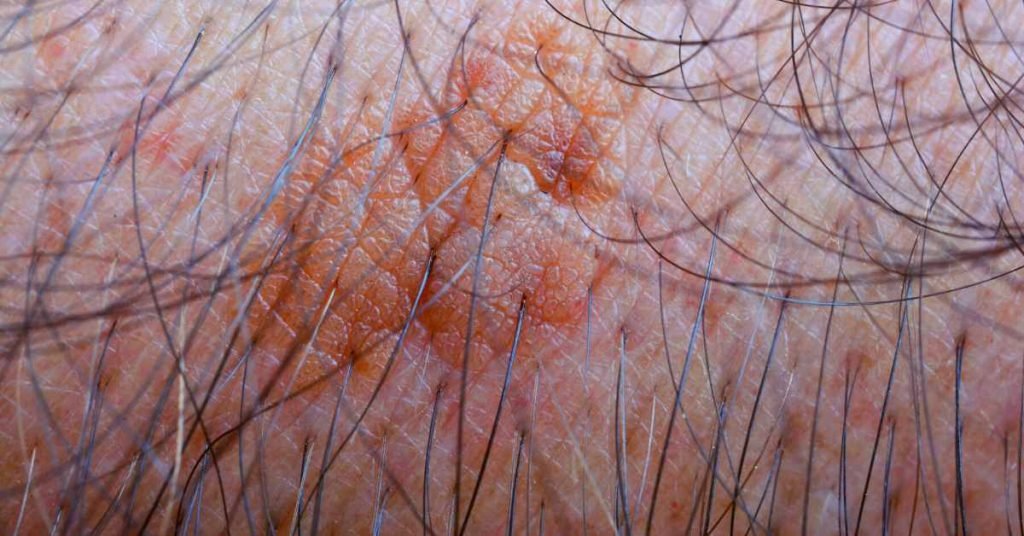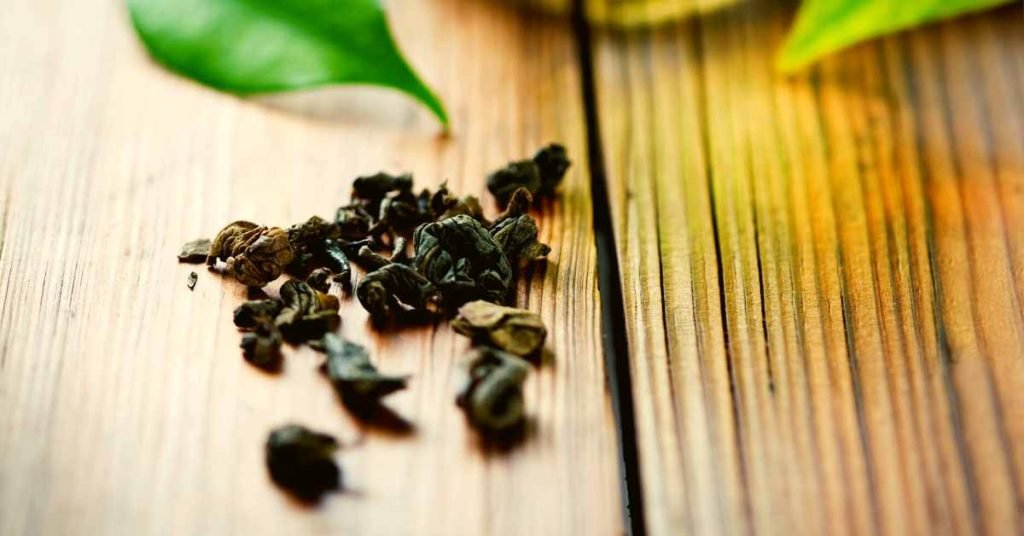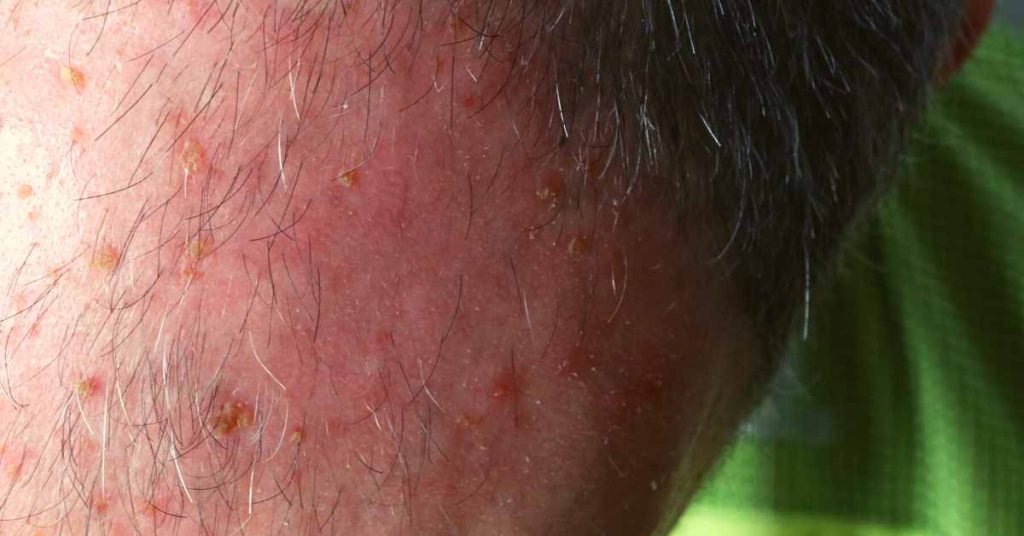Solar keratosis, also known as actinic keratosis, is a common skin condition caused by prolonged exposure to the sun’s ultraviolet (UV) rays.
It is characterized by rough, scaly patches on the skin and is considered a pre-cancerous condition.
While various treatments exist for solar keratosis, there is growing interest in exploring natural remedies, including tea, as a potential aid in managing this condition.
In this article, we will delve into the connection between tea consumption and solar keratosis, examining the existing research and potential mechanisms through which tea may offer benefits.
Tea Types and Skin Health

Tea, derived from the Camellia sinensis plant, comes in various types, each with its unique composition of bioactive compounds.
The main types include green tea, black tea, white tea, and oolong tea.
These teas contain polyphenols, catechins, and antioxidants that have been studied for their potential health benefits, including their impact on skin health.
Green Tea and Solar Keratosis
Green tea, in particular, has gained attention for its high concentration of polyphenols, with epigallocatechin gallate (EGCG) being a prominent catechin.
Numerous studies have explored the potential benefits of green tea in preventing and managing various skin conditions, including solar keratosis.
Antioxidant Properties:
Green tea’s potent antioxidant properties play a crucial role in protecting the skin from oxidative stress induced by UV radiation.
UV exposure generates free radicals in the skin, leading to cellular damage and inflammation, which are key contributors to the development of solar keratosis.

Research has shown that the antioxidants in green tea can neutralize free radicals, reducing oxidative stress and preventing damage to skin cells.
By mitigating the effects of UV-induced oxidative stress, green tea may contribute to the prevention and management of solar keratosis.
Anti-Inflammatory Effects:
Chronic inflammation is closely linked to the development and progression of various skin conditions, including solar keratosis.
Green tea’s anti-inflammatory properties, attributed to its polyphenolic content, may help modulate the inflammatory response in the skin.
Studies suggest that green tea polyphenols can inhibit inflammatory pathways, potentially reducing inflammation associated with UV exposure.
This anti-inflammatory effect could contribute to the management of solar keratosis and may also alleviate symptoms such as redness and discomfort.
Black Tea and Solar Keratosis
While green tea has been extensively studied for its potential benefits, black tea, another popular tea variety, also contains polyphenols and antioxidants that may impact skin health.
Polyphenolic Content:

Black tea contains theaflavins and thearubigins, which are polyphenolic compounds with antioxidant properties.
Although the research on black tea’s specific effects on solar keratosis is limited compared to green tea, the presence of these polyphenols suggests a potential role in skin health.
UV Protection:
Some studies indicate that the polyphenols in black tea may offer protection against UV radiation by absorbing and scattering UV rays.
While this is not a substitute for sunscreen, incorporating black tea into one’s routine may provide an additional layer of protection against UV-induced damage.
Other Teas and Their Potential
White Tea:
White tea, minimally processed and rich in antioxidants, may also offer benefits for skin health. Its anti-inflammatory and antioxidant properties may contribute to the prevention of solar keratosis and other UV-related skin issues.
Oolong Tea:
Oolong tea, with its intermediate level of oxidation, contains a diverse array of polyphenols.
While research specific to oolong tea and solar keratosis is limited, the general skin-protective properties of tea polyphenols suggest that oolong tea may also play a role in maintaining skin health.
Incorporating Tea into Your Routine
While tea shows promise in supporting skin health, it’s essential to approach its consumption as part of a holistic skincare routine. Here are some tips for incorporating tea into your daily regimen:
Regular Consumption:

Aim to incorporate tea into your daily routine. Whether you prefer green, black, white, or oolong tea, drinking a cup or two daily may provide a steady intake of beneficial polyphenols.
Topical Application:
Some skincare products contain tea extracts or tea-infused formulations. Consider incorporating these products into your skincare routine for additional topical benefits.
Sun Protection:
While tea may offer some protection against UV radiation, it is not a substitute for sunscreen. Always use a broad-spectrum sunscreen with a high SPF to protect your skin from harmful UV rays.
Final Word
Tea, with its rich polyphenolic content and antioxidant properties, holds promise as a complementary approach in the prevention and management of solar keratosis.
Green tea, in particular, has been extensively studied for its skin-protective effects. While research on other tea types is ongoing, the overall evidence suggests that incorporating tea into your routine may contribute to maintaining skin health.
However, it’s crucial to note that individual responses to tea can vary, and tea should not replace conventional medical treatments for solar keratosis.
Before making significant changes to your skincare routine, consult with a dermatologist or healthcare professional to ensure that tea consumption aligns with your overall skin health goals.
With a balanced approach, including tea as part of your skincare routine may offer a flavorful and potentially beneficial addition to your efforts in promoting skin wellness
MEDICAL DISCLAIMER
Itsnevernotteatime.com cannot and does not contain medical/health advice. The medical/health information is provided for general and educational purposes only and is not a substitute for professional advice.




